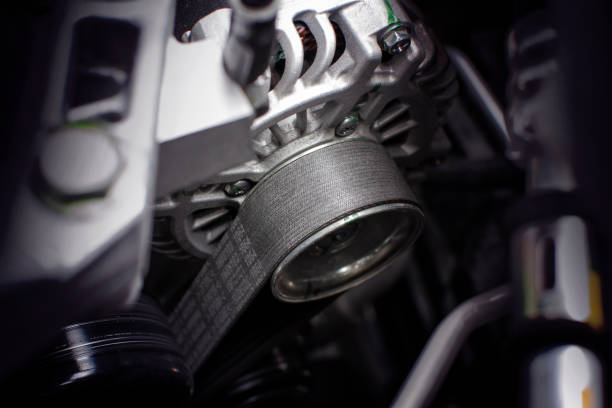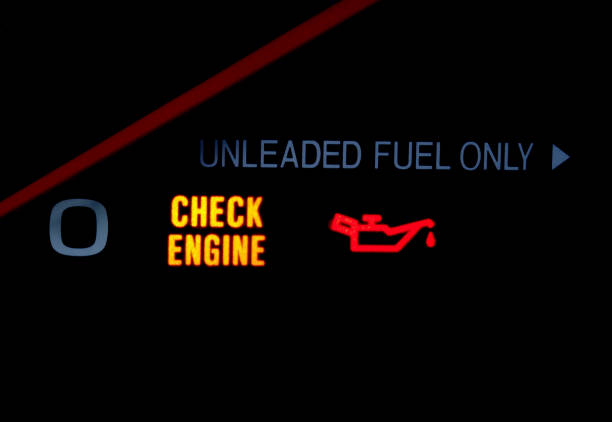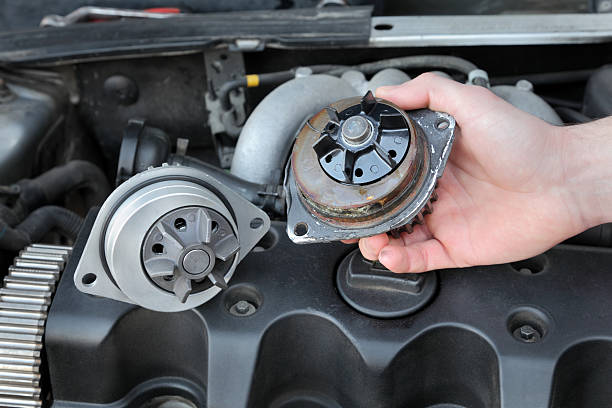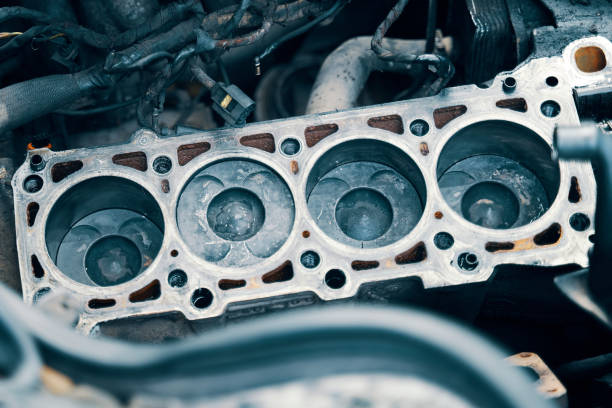
In today’s fast-paced, fuel-conscious world, drivers are constantly seeking the perfect balance between engine performance and efficiency. One solution that has gained popularity in recent years is the 4-cylinder engine. With its compact design and innovative technology, this engine type offers an attractive option for those who want to enjoy a smooth ride without compromising on fuel economy or power. In this article, we’ll explore the inner workings of 4-cylinder engines, their advantages over other engine types, and how they’re paving the way for a more sustainable automotive future.
Understanding the 4-Cylinder Engine
The Basics of 4-Cylinder Engines
At its core, a 4-cylinder engine is an internal combustion engine that features four cylinders arranged in a line or a V-shape. These engines use a four-stroke cycle (intake, compression, power, and exhaust) to convert fuel into mechanical energy. The even number of cylinders allows for a balanced operation, resulting in less vibration and a smoother ride compared to 3-cylinder engines.
Inline vs. V-Shaped Configurations
4-cylinder engines can come in two primary configurations: inline and V-shaped. In an inline configuration, all four cylinders are aligned in a straight row. This design offers simplicity and ease of maintenance, making it the more common choice for modern vehicles. V-shaped configurations, on the other hand, arrange the cylinders in two banks angled in a V formation. While less common in 4-cylinder engines, this design can be more compact, making it a suitable choice for high-performance vehicles with limited engine space.
The Advantages of 4-Cylinder Engines
Fuel Efficiency
One of the most significant advantages of 4-cylinder engines is their fuel efficiency. Due to their smaller size and fewer moving parts, these engines generally consume less fuel compared to larger, more powerful engines like V6 or V8 engines. This makes 4-cylinder engines a popular choice for economy cars and environmentally conscious drivers.
Lower Emissions
Smaller engines like the 4-cylinder engine typically produce fewer emissions than larger engines. This means that 4-cylinder vehicles can help reduce your carbon footprint and may even meet stricter emissions standards set by regulatory bodies, making them a more eco-friendly option.
Reduced Weight and Size
The compact design of 4-cylinder engines allows for a lighter overall vehicle weight, which can have a positive impact on performance and handling. A lighter vehicle can accelerate more quickly and offers better responsiveness, leading to an enhanced driving experience.
Cost-Effectiveness
4-cylinder engines are generally more affordable than their larger counterparts, both in terms of initial purchase price and maintenance costs. This makes them an attractive option for budget-conscious consumers who want a reliable vehicle without breaking the bank.
The Future of 4-Cylinder Engines
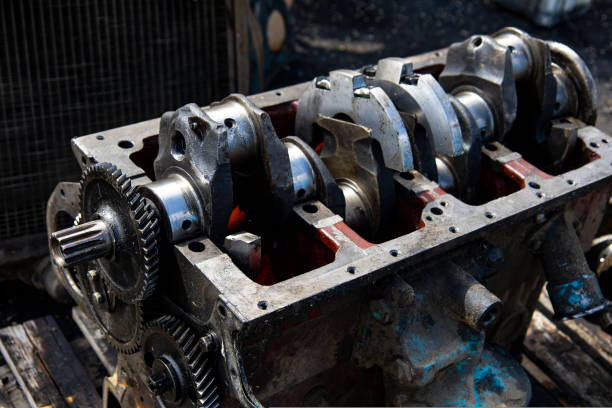
Turbocharging and Supercharging
To further improve the performance of 4-cylinder engines, automakers are increasingly turning to forced induction technologies like turbocharging and supercharging. These methods force more air into the engine’s combustion chamber, increasing the amount of fuel that can be burned and resulting in a significant power boost. By utilizing turbocharging or supercharging, 4-cylinder engines can achieve power outputs comparable to larger engines while maintaining their fuel efficiency and compact size.
Direct Injection Technology
Direct injection technology is another innovation that has significantly improved the efficiency and performance of 4-cylinder engines. By injecting fuel directly into the combustion chamber, this method allows for a more precise fuel-to-air ratio and improved combustion, resulting in increased power, better fuel efficiency, and reduced emissions. Many modern 4-cylinder engines now feature direct injection technology, making them even more competitive with larger engines.
Hybrid and Electric Powertrains
As the automotive industry moves towards more sustainable solutions, 4-cylinder engines are playing a crucial role in the development of hybrid and electric powertrains. In hybrid vehicles, a 4-cylinder engine can be paired with an electric motor to provide a balance of power, efficiency, and reduced emissions. This combination allows drivers to enjoy the benefits of both technologies while minimizing their environmental impact.
In the case of electric vehicles (EVs), 4-cylinder engines can serve as range extenders, providing a backup power source when the battery’s charge is depleted. This can help alleviate “range anxiety” for drivers of electric vehicles, ensuring that they can travel longer distances without needing to recharge.
Choosing the Right 4-Cylinder Engine for Your Needs
Evaluating Performance and Efficiency
When considering a 4-cylinder engine, it’s essential to strike the right balance between performance and efficiency. While a smaller, less powerful engine may offer better fuel economy, it may not provide the driving experience you desire. Conversely, a more powerful engine may be more enjoyable to drive but consume more fuel. Be sure to research the specific engine options available for the make and model you’re interested in, and consider test-driving multiple vehicles to determine which engine best suits your needs.
Considering Your Driving Habits
Your driving habits can also play a significant role in determining which 4-cylinder engine is right for you. If you primarily drive in urban environments with frequent stop-and-go traffic, a smaller, more fuel-efficient engine may be more beneficial. However, if you often drive on highways or engage in more spirited driving, a larger or turbocharged 4-cylinder engine may provide the power and responsiveness you’re looking for.
Weighing Costs and Maintenance
As mentioned earlier, 4-cylinder engines tend to be more cost-effective than larger engines, both in terms of purchase price and ongoing maintenance. However, it’s essential to consider the specific costs associated with the engine you’re interested in, as factors, like forced induction technology or advanced fuel injection systems, can increase the price and complexity of maintenance.
Conclusion
4-cylinder engines have come a long way in recent years, offering an impressive combination of performance, efficiency, and sustainability. By understanding the technology behind these engines and considering your specific needs and driving habits, you can confidently choose a vehicle that delivers the perfect balance of power and fuel economy. With ongoing advancements in engine technology, 4-cylinder engines will continue to play a crucial role in the automotive industry’s push toward a greener future.





